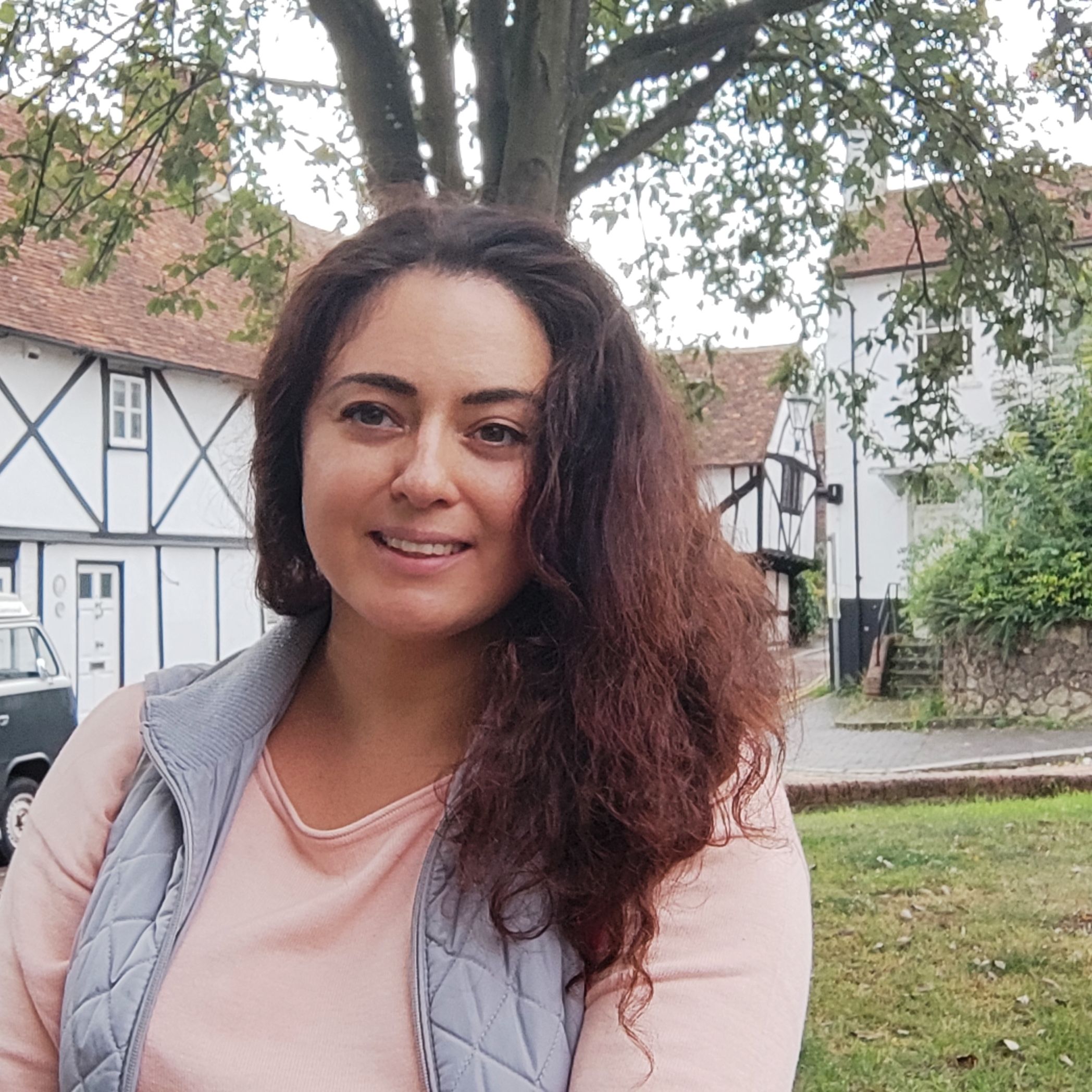ابحث بين معلمي الإنجليزية المتعددين...

Tip 63 - How to apply the Dead Horse Theory in Language Learning
الوصف
You may have heard the phrase “beating a dead horse”, which refers to continuing an effort that is no longer useful. But how do you know when your study methods, goals, or mindset are the dead horse? And when should you move on?
Let’s explore how to detect when something isn’t working, how to adjust your approach, and most importantly—how to avoid wasting energy on language learning methods that will never work for you.
🐴 The Dead Horse Theory in Language Learning
The Dead Horse Theory suggests that if a strategy no longer works, stop using it. But here’s the catch—most of us don’t realize we’re on a dead horse until it’s too late.
We keep pushing through outdated learning strategies, believing that more effort will eventually yield results. We blame ourselves for not being “smart enough” or “motivated enough,” when in reality, we might just be riding the wrong horse.
Here’s where self-awareness and rational decision-making come into play. How can you tell if you’re stuck beating a dead horse in your language journey?
قناة البث الصوتي
💃🏻111 Tips for Learning a Language
المؤلف
جميع الحلقات

4. Jaké zvíře tě v Česku může zabít?

#68 おもろ韓国生活

Top mistakes when learning VOCABULARY

Monkeypox 🐒🏥🎧

Telewizja

How to Ask for Feedback in an Interview

EP 27. CONSEJOS PARA TU ESPAÑOL DURANTE VACIONES

The importance of Human AI collaboration
حلقات رائجة

Czech Easily: Slow & Easy
4. Jaké zvíře tě v Česku může zabít?

NANAのにほんごpodcast
#68 おもろ韓国生活

British English with Maria
Top mistakes when learning VOCABULARY

Medical Spanish
Monkeypox 🐒🏥🎧

Język polski z przyjemnością!
Telewizja

Express to Impress
How to Ask for Feedback in an Interview

Spanish Shortcut
EP 27. CONSEJOS PARA TU ESPAÑOL DURANTE VACIONES

FLO TALKS
The importance of Human AI collaboration